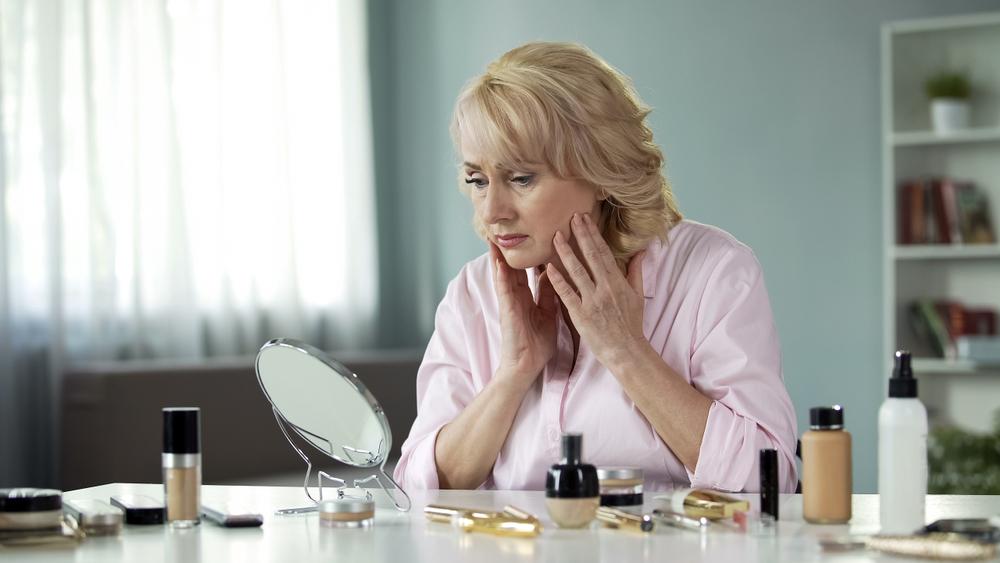Washington Gov. Jay Inslee is expected to sign into law the strongest regulations on toxic chemicals in beauty and personal care products in the country.
The Toxic-Free Cosmetics Act was passed through state legislatures last week. The bill, sponsored by Democrat state Rep. Sharlett Mena, would protect consumers from skin irritations and damage as a result of chemicals mixed into cosmetic products and contribute to regulations that would hold manufacturers responsible for making their cosmetics and personal care products safer for consumers to use.





